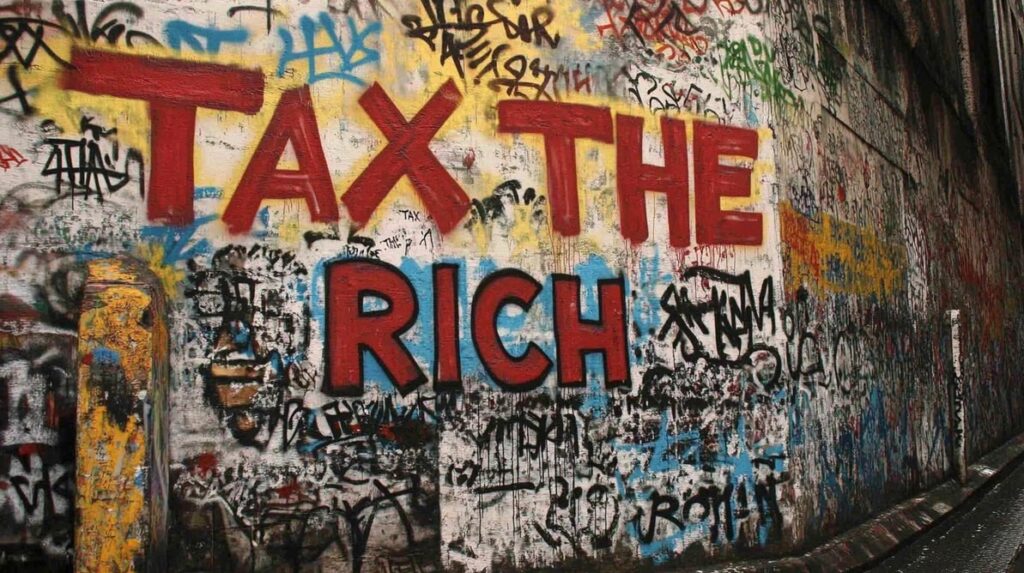
In a notable policy shift, the Trump administration is reportedly considering increasing taxes on the wealthiest Americans to fund President Trump’s promise to eliminate taxes on tipped wages. A senior White House official suggested that reverting to pre-2018 tax levels for top earners might be the most politically feasible way to cover the costs. The Tax Cuts and Jobs Act of 2017 reduced the highest income tax rate from 39.6% to 37%, but if allowed to expire on December 31, the top rate would revert back, affecting around 1% of taxpayers. Some White House officials believe this move could counter Democrat demands for higher taxes on the wealthy. Raising taxes, however, conflicts with conservative economic principles, and it remains uncertain how Congress and GOP donors would react. The proposal also comes amid efforts to address the national debt and advance Trump’s border, energy, and tax policies. Treasury Secretary Scott Bessent warned against the expiration of the 2017 cuts, citing severe economic consequences, particularly for the middle and working classes.
This development mirrors recent proposals from Democratic leaders advocating for increased taxation on high-income individuals. President Joe Biden’s fiscal year 2025 budget, for instance, seeks to restore the top marginal tax rate to 39.6% for single filers earning over $400,000 and married couples earning more than $450,000 annually. Additionally, Biden has proposed taxing capital gains for high earners at ordinary income rates and implementing a billionaire minimum tax of 25% to ensure the wealthiest Americans pay taxes on their income as they earn it.
The convergence of these policy considerations from both Republican and Democratic administrations underscores a growing bipartisan acknowledgment of the need to address income inequality and generate revenue for social programs. However, the approaches and underlying motivations differ, reflecting each party’s economic philosophies and political strategies.
As these discussions evolve, they highlight the complex interplay between tax policy, economic growth, and social equity in the United States. The outcome of these deliberations will significantly impact the nation’s fiscal landscape and the financial well-being of its citizens.
